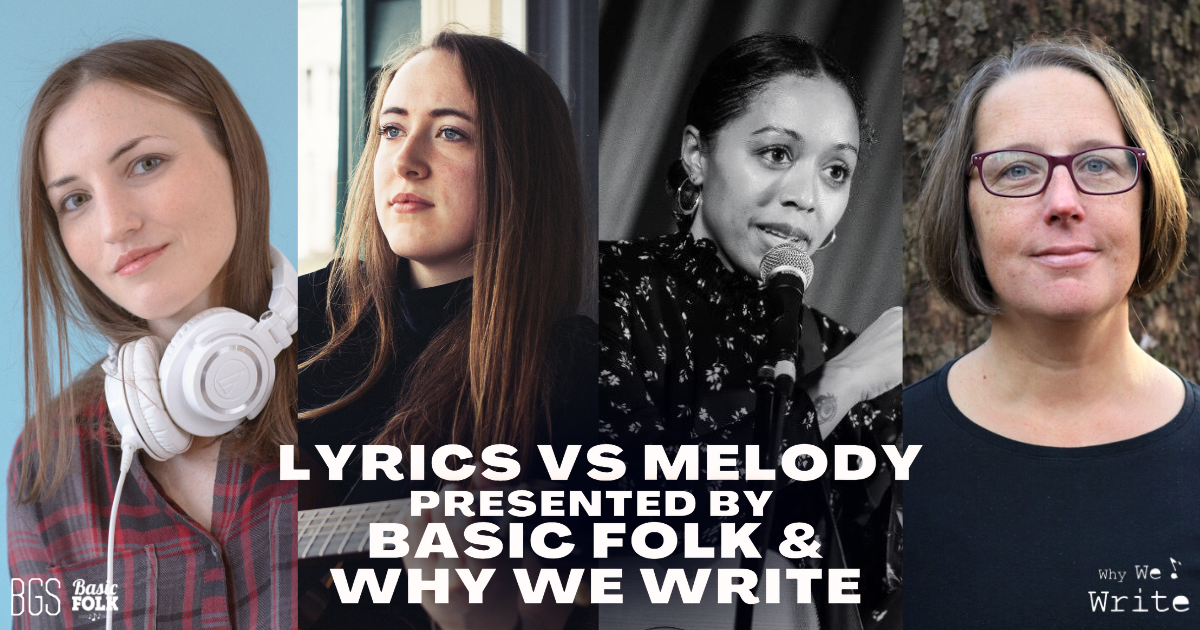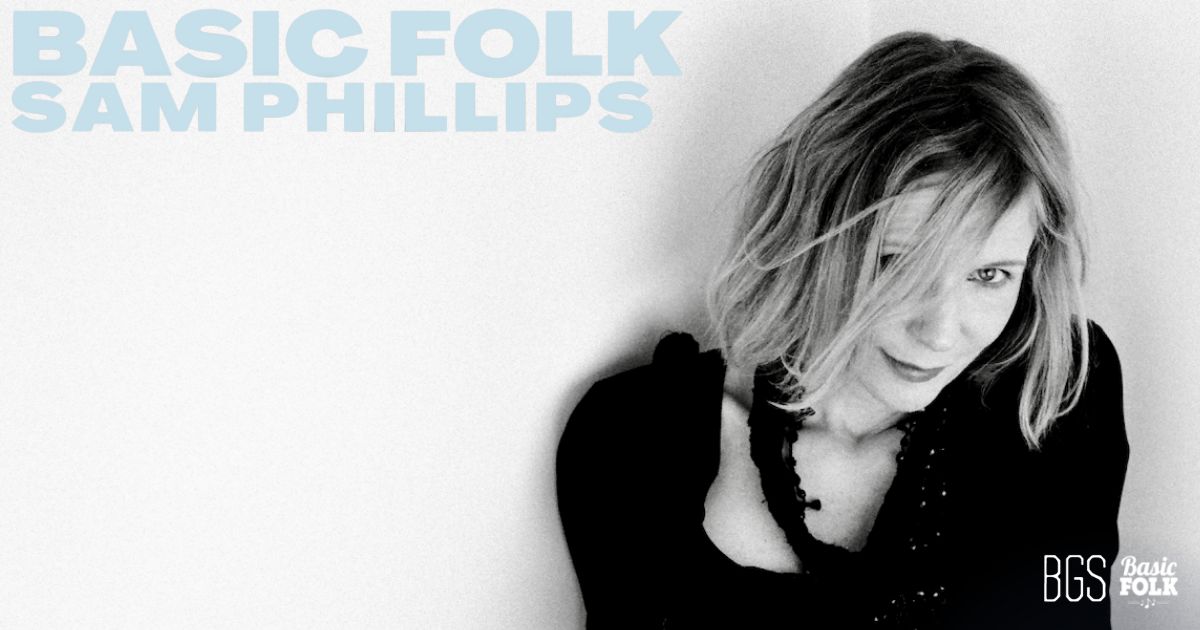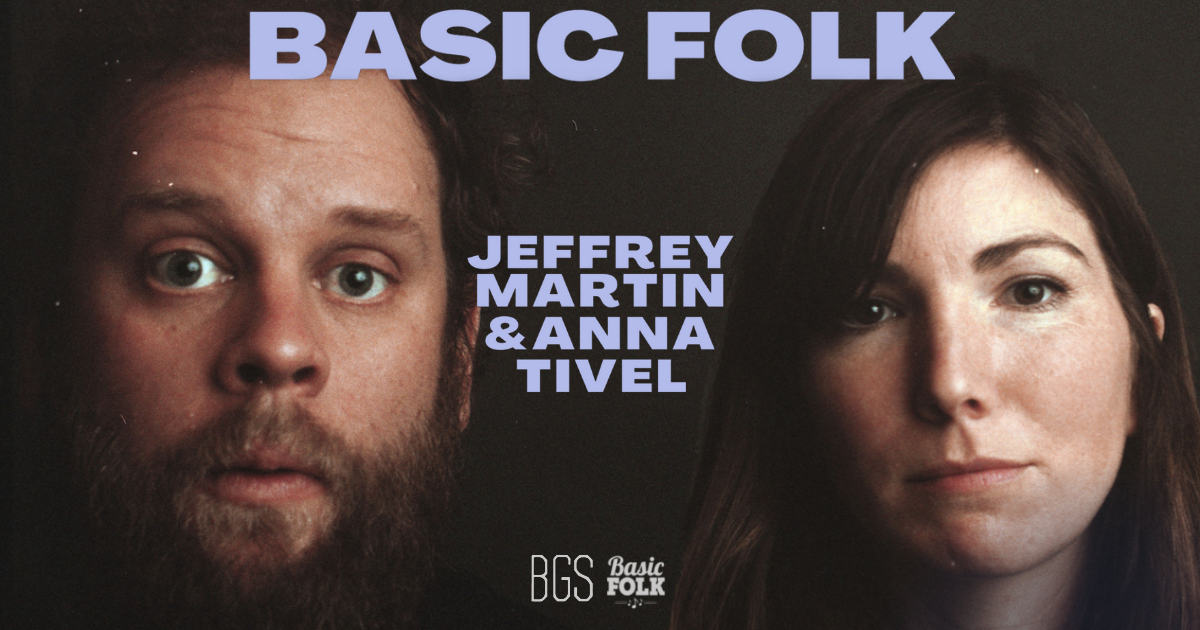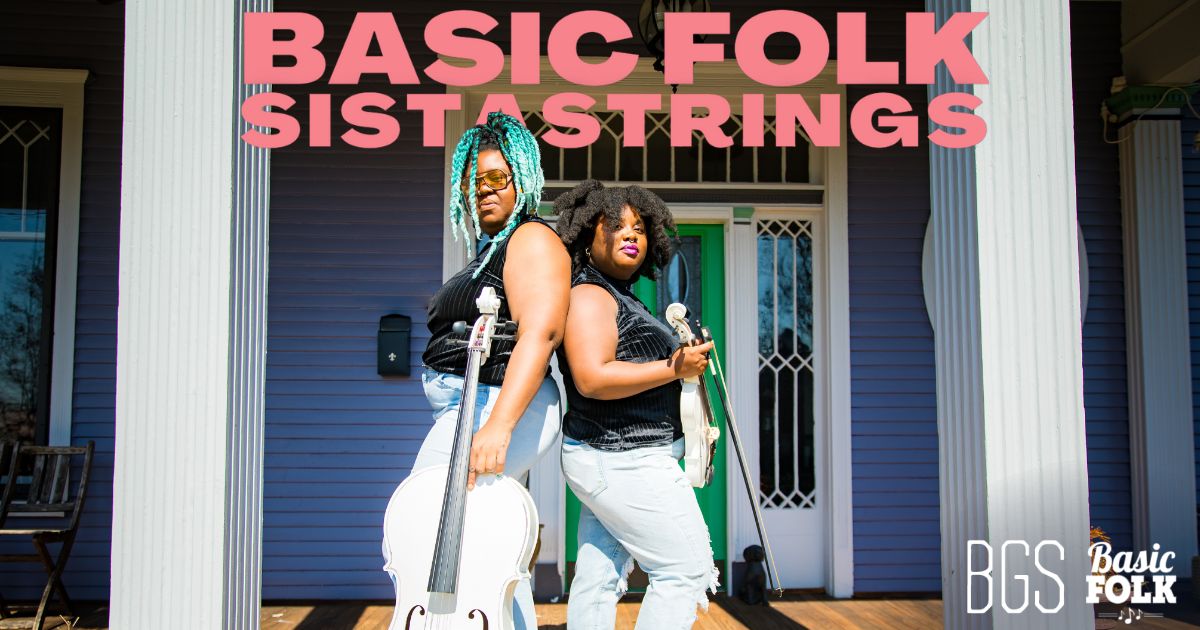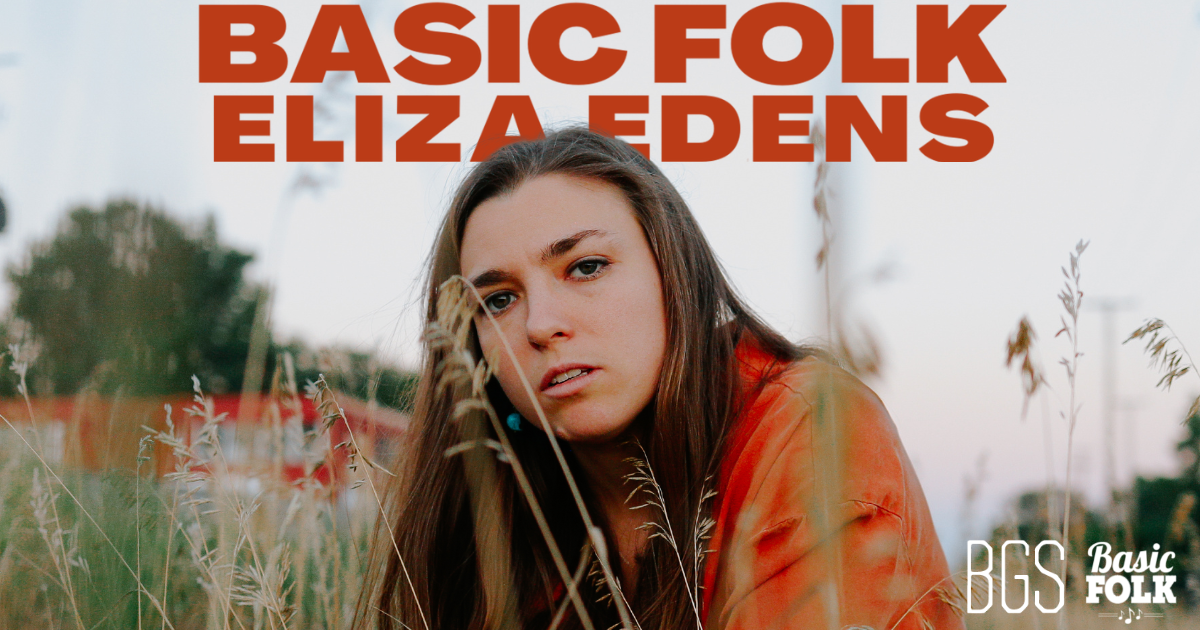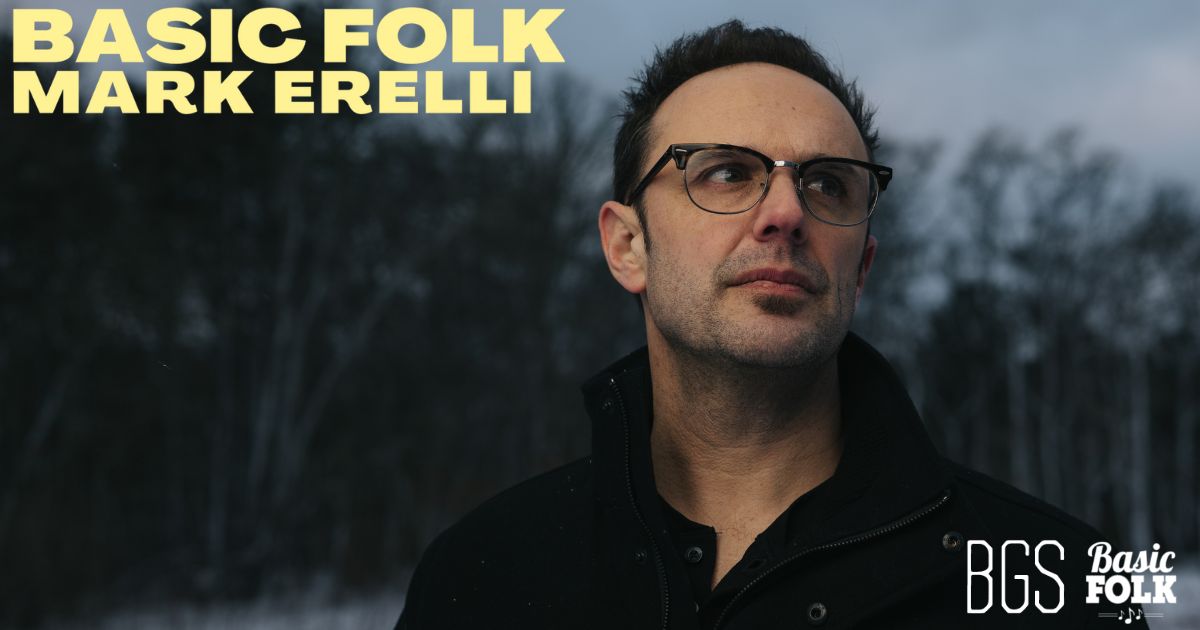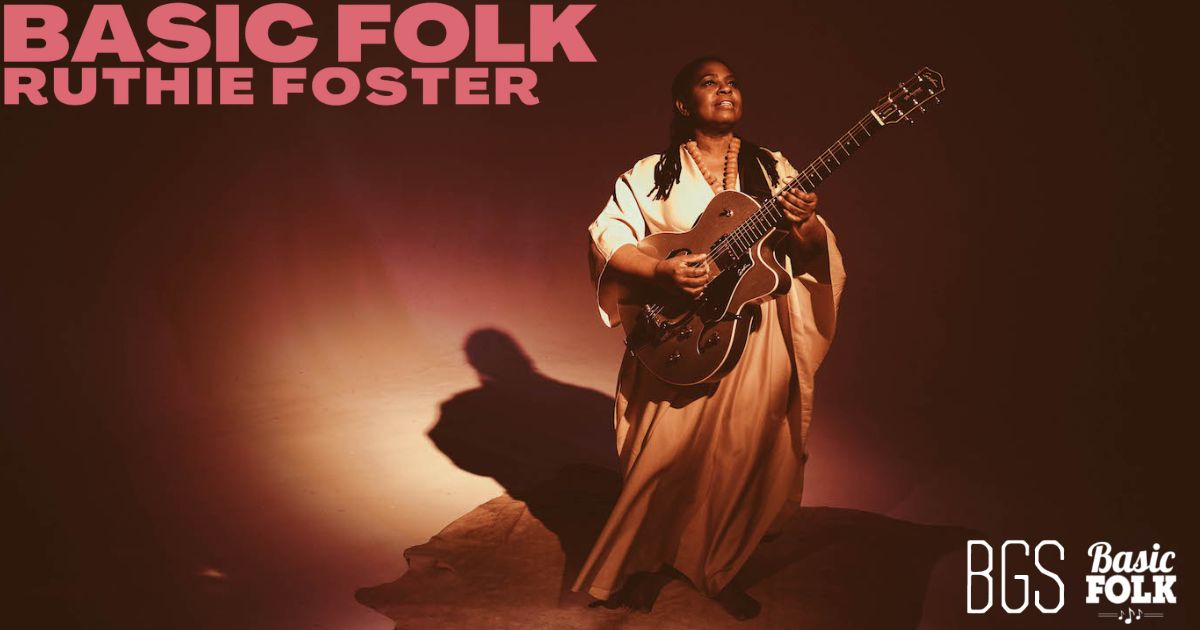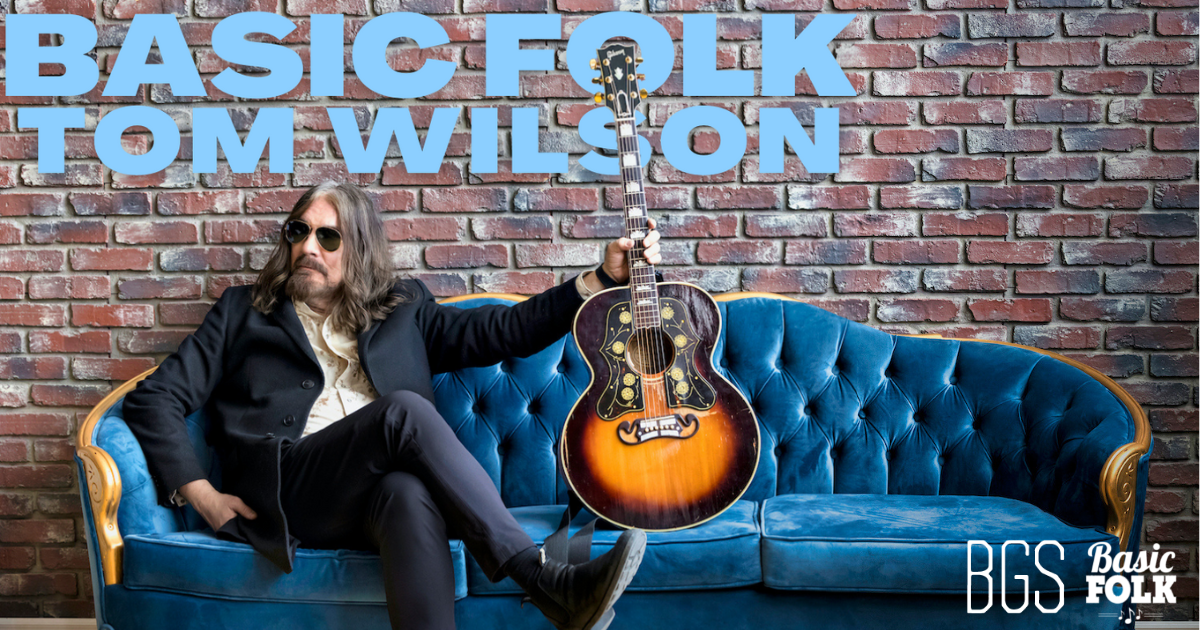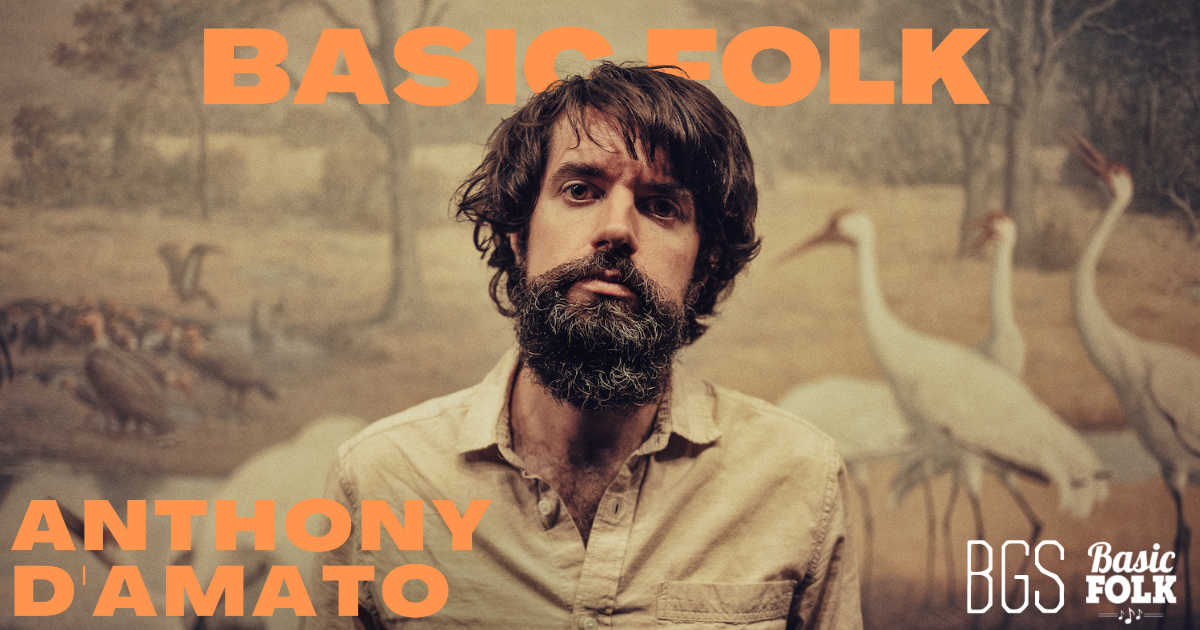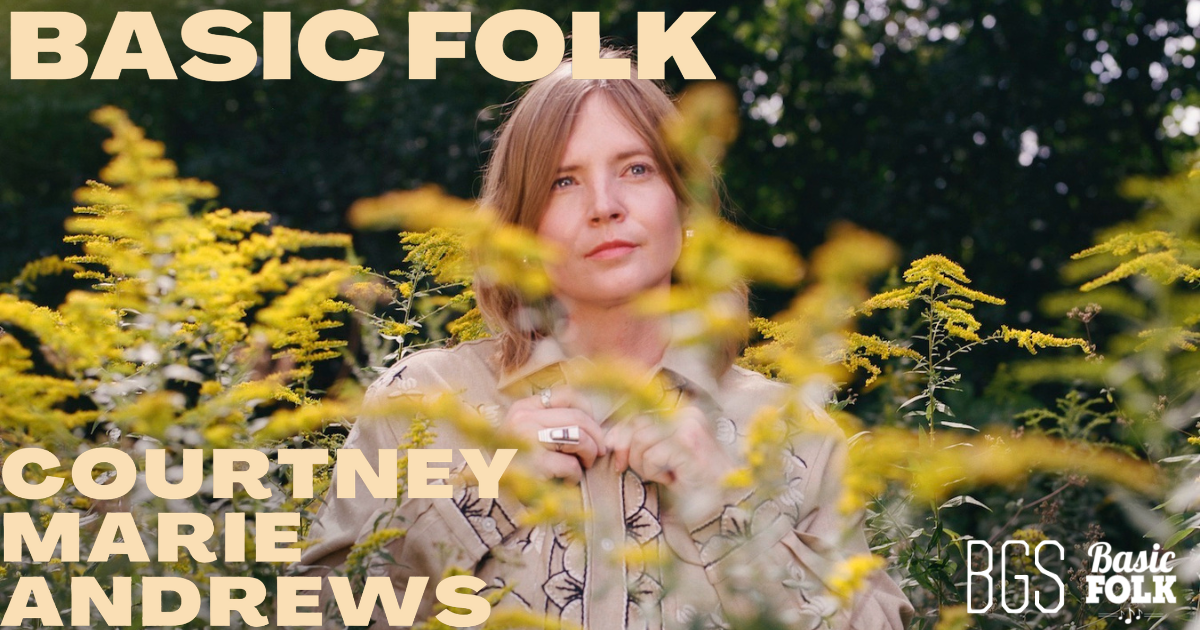Welcome to Folk Debate Club, our occasional crossover series with fellow folk-pod Why We Write! Today, to discuss Lyrics vs. Melody, we welcome our panel of guests: music journalist and former singer/songwriter Kim Ruehl, Isa Burke (Lula Wiles, Aoife O’Donovan), musician and Basic Folk guest host Lizzie No, and yours truly, Cindy Howes, boss of Basic Folk.
LISTEN: APPLE • SPOTIFY • STITCHER • AMAZON • MP3
Our conversation begins with a case each for melody and lyrics from members of the panel. Some panelists are more fluid with their thoughts and feelings and at least one of us changes sides mid-discussion. Some interesting opinions emerge! For instance, manipulation in music is no good if the listener can see through your bullshit: “Part of the job [of songwriters] is to emotionally manipulate people. When you are feeling manipulated is when the person has missed,” says Kim. The panel talks about rawness: it can take lyrical editing before it can be presented to the public. “It’s sometimes hard to tell as the songwriter, like, how raw am I actually being?”, shares Isa, who goes on to talk about how being raw in melody can be very effective. She points to her emotional guitar solo (that was done during a difficult moment in her life) in the Lula Wiles song “The Way That It Is” as one of her most favorite musical accomplishments (listen below).
Bob Dylan comes up within 90 seconds of the debate! Don’t worry, Taylor Swift, Maggie Rogers, Stevie Wonder, Adele, and Paul McCartney also make cameo appearances. And Lizzie No ftw: “Lyrics are the hand-holding that we need to bring us into the glory of instrumental music.” Enjoy! We had a good time doing this, so we’ll see you again soon!
Photo Credit: Liz Dutton (Cindy Howes); Louise Bichan (Isa Burke); Bernie McAllister (Lizzie No); Kim Ruehl
